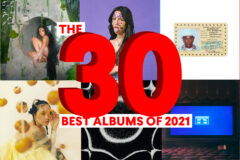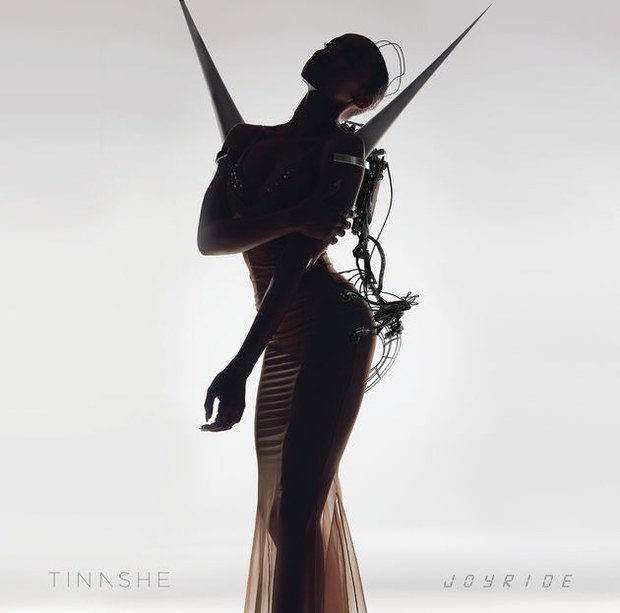Tinashe is an artist in limbo. Since her 2014 debut Aquarius, she has released a long line of one-off singles, hoping to stay in the consciousness years after her lone hit, “2 On,” which came at the height of DJ Mustard’s reign. But nothing has stuck, and her music since then has been specifically catered to what’s been hot at the moment, weaving together post-Mustard trap and sleazy R&B productions to create songs that have the feel of hits but without the audience. This process eventually led to a strained relationship with her label, RCA, which, in 2016, okayed the release of a full-length project Nightride, culled from protracted recording sessions that left the label unsatisfied. The most maddening part of all this is that Tinashe remains a talented artist; a generous reading of her output since Aquarius would be that she has been actively honing her sound, looking for the right balance between hook-heavy jams and more abstract mood music.
Joyride—the official follow-up—arrives in the midst of this career purgatory and works way better than expected. An album that, commercially speaking, is dead on arrival nonetheless feels like the natural conclusion of the finely sculpted pop-R&B she has spent the last four years trying to perfect. It’s a cool and sexy record where she’s never sounded better vocally, exhibiting a control that is both masterful and focused. Joyride is an album with a distinct idea of what it wishes to aim for, effectively using her pop sensibilities to make good party records (“No Drama” and “Me So Bad”) and shape her more avant-garde leanings (“Joyride”). There’s a liveliness to most of the album that should be appreciated—well-crafted and ambitious in everything it’s trying.
Where Joyride differs from those of contemporaries like Dawn Richard and Kelela is that it is much more openly pop, choosing surface level reflection over any deep introspection. Still, the album is fine without that. The songs are mostly impersonal and wrapped in R&B cliches (“I like your vision, I can see through / You be the lock I put my key through,” etc), filler words that serve their purpose, which is to not get in the way of the groove. A lot of Joyride’s pleasures come from it’s construction: There aren’t many songs that would stand out without context—such has been her problem—but when packaged together cohere into an enjoyable final product. She goes from trap sounds to sweaty R&B to dance music to new school neo-soul to a tender ballad; there is a sense that she’s trying to reach everyone at once, and it might be exasperating, if the songs weren’t good.

Also Read
The 30 Best Albums of 2021
The standout track from the album, “Ooh La La,” doesn’t have much in it as far as lyrics, either. Instead, it’s almost a series of choruses, one after the other over bed-creaking sound effects and West Coast-style drum patterns. It works perfectly: her voice is sultry, confident and gorgeous, particularly in the way she sings, “You know you belong right here inside my arms.” It is a prime example of how the album shines.
Despite its tortuous path to existence, Joyride is a strong, cohesive project. Tinashe’s songs are intricate and intimate, even when they feel removed from anything beyond surface-level emotions. Unfortunately for her, perception is more important than critical reception. Tinashe has talent and her music has a clear vision, but the pop marketplace hasn’t responded; it’s hard to watch a career that should be blossoming flounder when the music being made is certainly good enough. Tinashe—and Joyride, too—deserve better than falling through the cracks of history.




